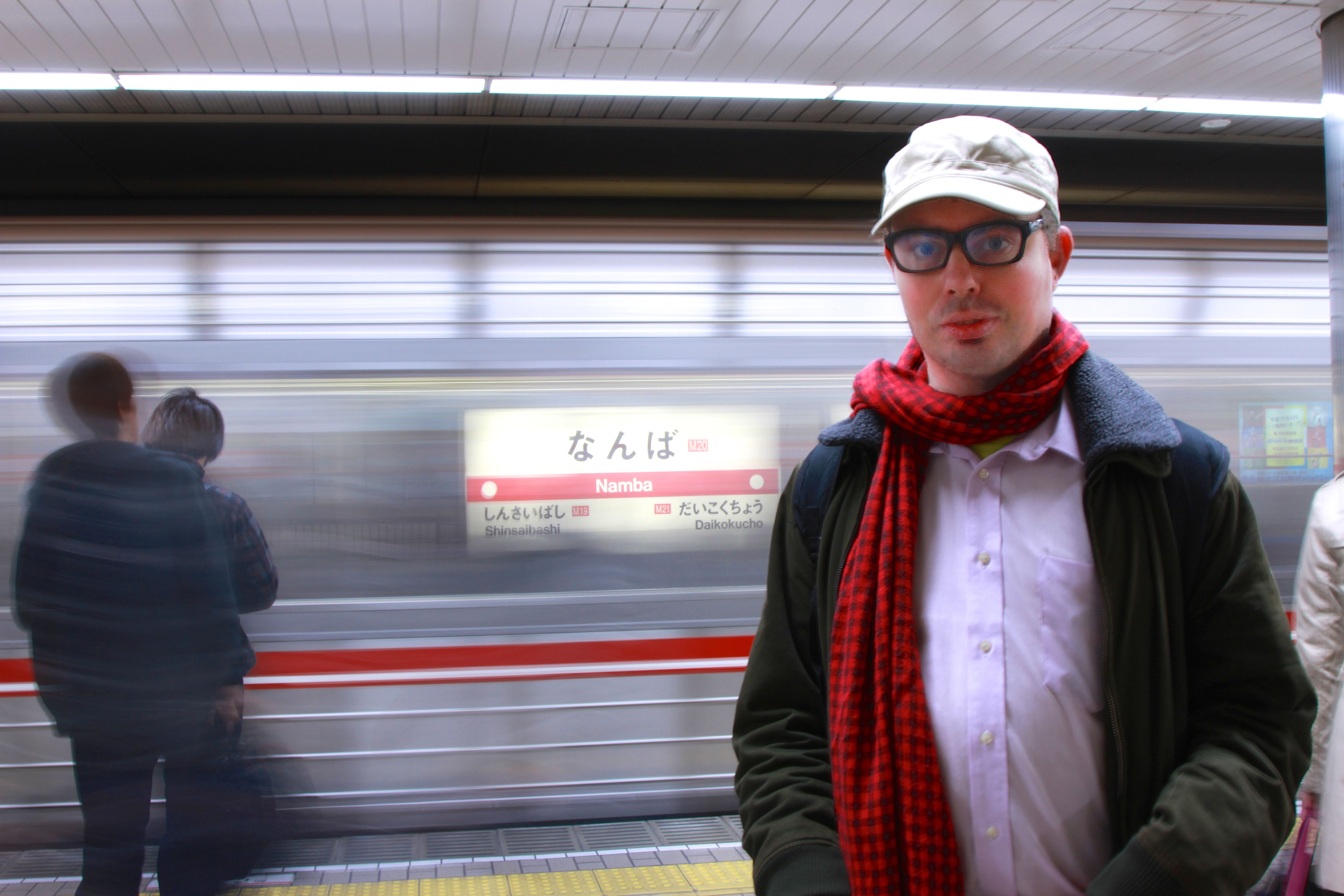A recent article in the media in Japan about the attitudes and behavior of able-bodied passengers toward reserved seating on trains reminded me of one of the few negative experiences I have endured as a disabled foreigner in Japan, and it pertains to the tricky art of acquiring use of the "priority seats."
For the uninitiated, priority seats are those put aside for the disabled, elderly, pregnant and the young — usually a couple of benches at the end of each carriage. People often do give up a seat to those in need, save for the odd salaryman, who either pretends to be asleep or, on occasion, is drinking a can of beer.
If the latter is the case, the said salaryman is sometimes met by death stares from his fellow natives that seem to say, "Stop letting the side down." It is quite heartening, actually, to see such concern for the collective self-image. The article pointed out that able-bodied passengers in Tokyo will often sit, at least until a person in need arrives, whereas people in Sapporo would often stand, even if the appropriate person in need never arrives.



